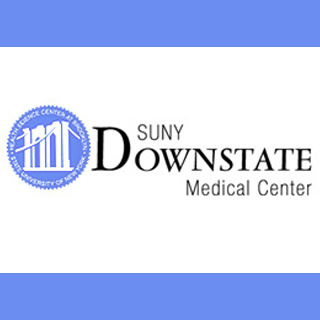
Prior to puberty, expression of this receptor is said to be low and learning could be optimal. Nevertheless, at puberty, apparently augments in this receptor could decrease brain excitability and damage spatial learning. Dr. Smith has seemingly illustrated that this learning deficit could be overturned by a stress steroid that could cut down the destructive consequences of the a4bd receptors, thus enabling learning.
Dr. Smith commented, “These findings suggest that intrinsic brain mechanisms alter learning during adolescence, but that mild stress may be one factor that can reverse this decline in learning proficiency during the teenage years. They also suggest that different strategies for learning and motivation may be helpful in middle school. And it is within the realm of possibility that a drug could be developed that would increase learning ability post-puberty, one that might be especially useful for adolescents with learning disabilities.â€
In 2007, Dr. Smith and colleagues illustrated that a hormone usually discharged in reaction to stress, THP, could in fact undo its effect at puberty, when it augments activity of the hippocampus. While in adults, this hormone may work like a sedative; in teenagers it appears to encompass the opposite effect, an act that may aid in clarifying mood swings in adolescents.
The findings were published in the journal Science.
